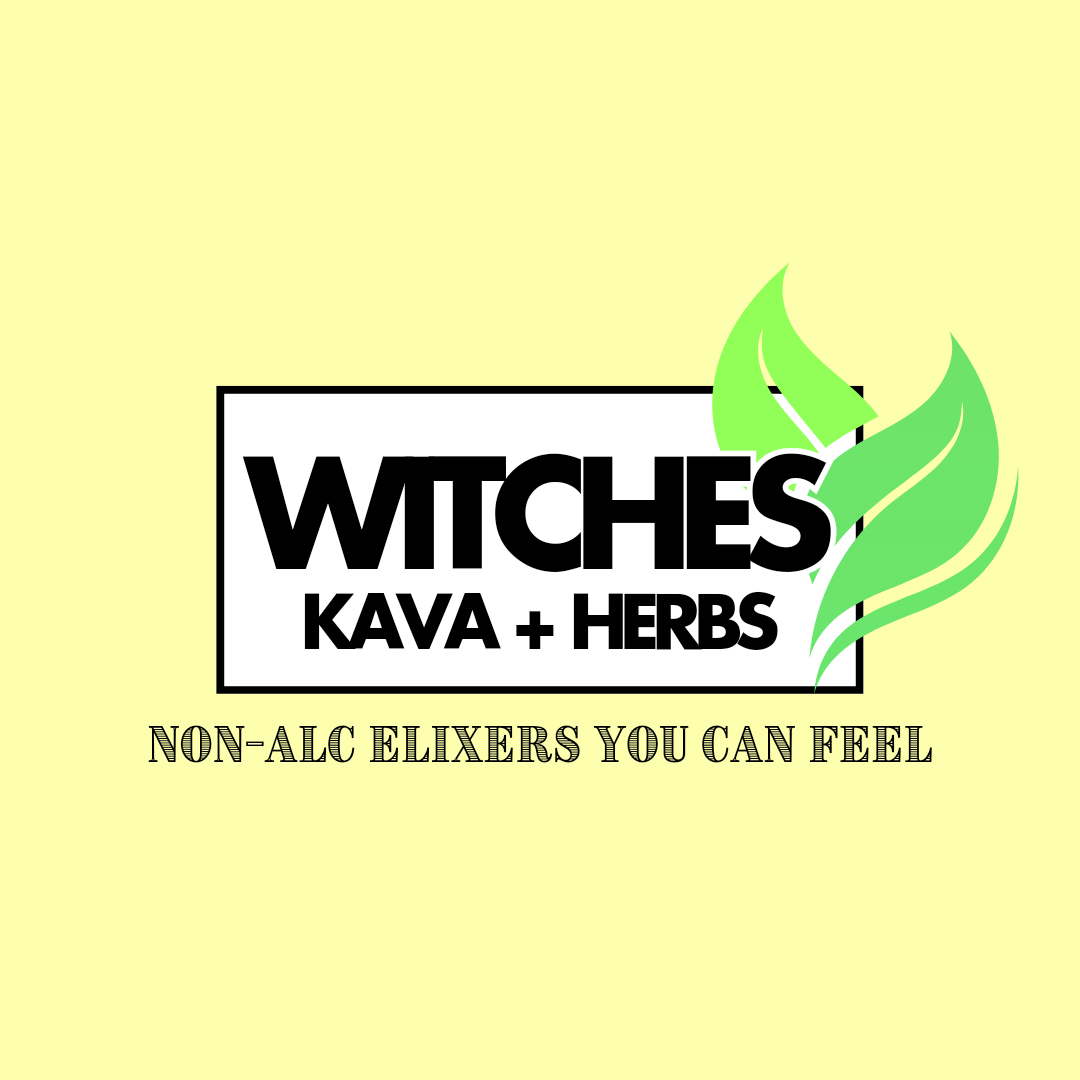Debunking Myths About Kava: Separating Fact from Fiction
Kava has been enjoyed for centuries as a natural way to promote relaxation, ease stress, and bring people together in social settings. However, as its popularity grows, so do misconceptions and myths surrounding its effects, safety, and legality. Let's separate fact from fiction and uncover the truth about kava.
Myth #1: Kava is a Dangerous Drug
Fact: Kava is a natural herbal supplement made from the root of the Piper methysticum plant, traditionally consumed in Pacific Island cultures. Unlike synthetic drugs, kava does not cause addiction, nor does it produce hallucinogenic effects. When consumed responsibly, kava offers relaxation without impairing cognitive function.
Myth #2: Kava is Addictive
Fact: Unlike alcohol, nicotine, or other substances associated with dependency, kava does not create physical addiction. Studies suggest that kava interacts with the brain’s GABA receptors, similar to anti-anxiety medications, but without the risk of chemical dependence. Many kava drinkers enjoy it occasionally for relaxation without experiencing withdrawal or cravings.
Myth #3: Kava Damages the Liver
Fact: The myth of kava-induced liver damage stems from misinformation and improper preparation. Traditional kava made from the root (not the leaves or stems) and consumed in moderate amounts has been found to be safe. The concerns arose from isolated cases involving adulterated or improperly processed kava. When sourced from reputable suppliers and prepared traditionally, kava poses minimal risk to liver health.
Myth #4: Kava is Illegal in Many Places
Fact: While some countries previously imposed restrictions on kava, many have since lifted bans due to growing research supporting its safety. In the U.S., kava is legally sold as a dietary supplement, and in countries where it was once restricted, such as Germany and Australia, regulations have eased. It’s always best to check local laws, but in most places, kava is completely legal.
Myth #5: Kava Will Get You Drunk
Fact: Kava is not alcohol, and its effects are different. While it promotes relaxation and a sense of calm, it does not cause intoxication in the way alcohol does. Kava drinkers remain mentally clear and socially engaged, making it a great alternative to alcohol for those seeking relaxation without the negative side effects.
Myth #6: Kava Doesn’t Work for Everyone
Fact: Like any herbal supplement, individual experiences with kava can vary. Some people may need to experiment with different strains or preparation methods to find what works best for them. Factors like body weight, metabolism, and tolerance all play a role in how kava is experienced.
Final Thoughts
Kava is a time-honored, natural alternative for relaxation that has been unfairly misrepresented by myths and misinformation. By understanding the facts, more people can explore kava’s benefits safely and confidently. As with any supplement, responsible use and quality sourcing are key to an enjoyable and positive kava experience.
Looking to try high-quality kava? Check out our premium kava at Witches Kava and experience the calming effects for yourself!

